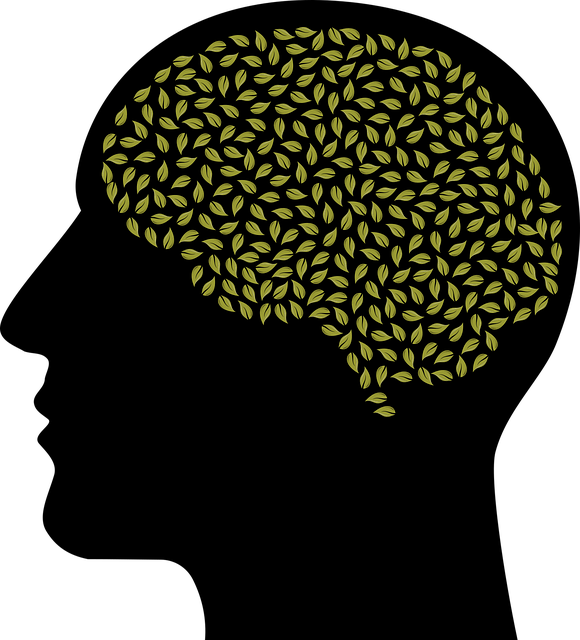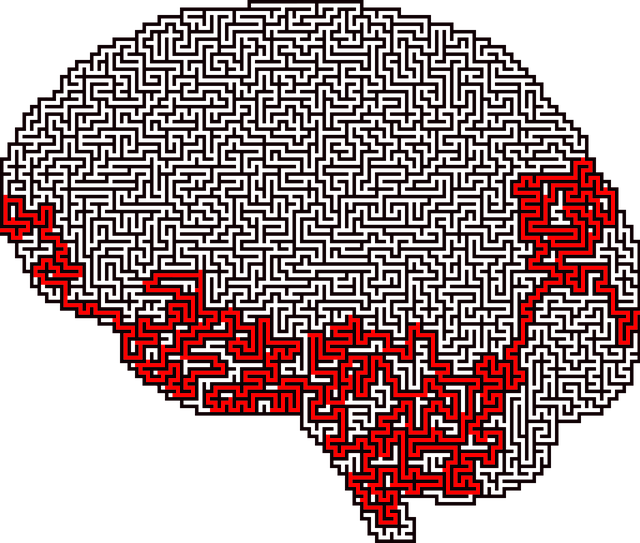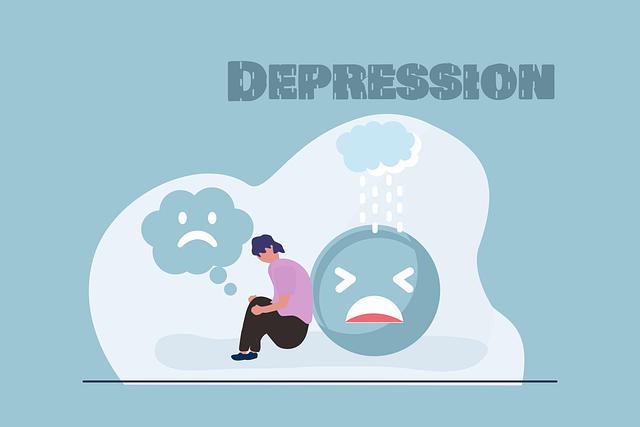Mental health data collection draws from diverse settings including clinical practices, hospitals, schools, and social media, offering varied insights into psychological well-being. Integrating self-care routines can supplement these methods, empowering individuals to track daily habits and emotional states. Therapy for children and bariatric evaluations provide specific perspectives on mental health concerns, enhancing overall trend understanding. Analyzing therapy effectiveness involves advanced data analysis and tailored interventions, tracking progress and identifying patterns for improved outcomes. Bariatric evaluations assess holistic well-being, linking weight management with psychology, and integrating cultural competency training ensures accessible, inclusive care for diverse populations. Interpreting mental health data transforms raw info into actionable insights, influencing patient care and guiding future treatment plans.
Mental health data analysis is a powerful tool for understanding complex human experiences. This article explores key areas of this burgeoning field, focusing on how we collect, analyze, and interpret data from diverse sources. We delve into specific applications like therapy effectiveness for children and the impact of bariatric evaluations on mental well-being. By examining these cases, we gain insights that inform clinical decisions, ultimately enhancing care and outcomes for those facing mental health challenges, particularly young individuals and those undergoing weight-loss interventions.
- Understanding Mental Health Data: Collection and Sources
- Analyzing Therapy Effectiveness for Children
- Bariatric Evaluations: Weighing the Impact on Mental Well-being
- Interpreting Findings and Informing Clinical Decisions
Understanding Mental Health Data: Collection and Sources

Understanding mental health data is a multifaceted process that begins with recognizing diverse sources and methods of collection. Data related to mental health can stem from various settings, including clinical practices, hospitals, schools, and even social media platforms. These sources offer valuable insights into individuals’ psychological well-being, behaviors, and responses to treatment. For instance, therapy sessions for children often capture unique perspectives on their developing minds, while bariatric evaluations provide data on eating disorders and related mental health concerns.
Integrating self-care routine development for better mental health is crucial here. Encouraging individuals to track their daily habits and emotional states through structured self-care practices can supplement formal data collection methods. This approach not only empowers people to take ownership of their mental well-being but also offers a wealth of information on effective stress reduction methods, as identified in the context of bariatric evaluations and therapy for children.
Analyzing Therapy Effectiveness for Children

Analyzing Therapy Effectiveness for Children involves a meticulous process that goes beyond mere assessment. Mental health professionals utilize advanced data analysis techniques to track progress, identify patterns, and tailor interventions accordingly. By quantifying outcomes from therapy sessions, including behavior changes, emotional regulation improvements, and coping mechanism acquisition, healthcare providers can assess the efficacy of different therapeutic approaches. This data-driven perspective enables them to make informed decisions about the best course of action for each child’s unique needs.
In this context, bariatric evaluations play a crucial role in understanding the impact of therapy on children’s overall well-being. By measuring physical health markers alongside mental health metrics, professionals gain insights into the holistic effects of interventions. Moreover, incorporating Stress Management Workshops Organization, Depression Prevention, and Compassion Cultivation Practices into therapeutic frameworks can significantly contribute to positive outcomes. These evidence-based methods not only enhance traditional therapy but also foster resilience, empathy, and emotional intelligence in children.
Bariatric Evaluations: Weighing the Impact on Mental Well-being

Bariatric evaluations go beyond physical measurements, delving into an individual’s mental well-being. These assessments are crucial for understanding the intricate relationship between weight management and mental health, especially in children. Therapy for Children tailored to address bariatric issues not only focuses on dietary changes but also incorporates social skills training to mitigate potential stigma and isolation often associated with significant weight loss.
By integrating Mental Health Policy Analysis and Advocacy into healthcare systems, providers can ensure that culturally competent care is accessible. This includes addressing the unique challenges faced by diverse populations and advocating for policies that support holistic well-being. Healthcare Provider Cultural Competency Training plays a pivotal role in this process, enabling professionals to offer empathetic and effective therapy for children undergoing bariatric evaluations, fostering inclusive environments that promote mental health recovery.
Interpreting Findings and Informing Clinical Decisions

Interpretation of mental health data is a critical step in transforming raw information into actionable insights that directly impact patient care. When analyzing outcomes from interventions like therapy for children or bariatric evaluations, professionals can uncover valuable patterns and trends. For instance, identifying successful therapeutic approaches that enhance social skills training can guide future treatment plans, ensuring more effective emotional healing processes.
Moreover, understanding data allows healthcare providers to adapt their strategies for burnout prevention, particularly in demanding fields. By closely examining the results, professionals can make informed clinical decisions, personalizing care and ultimately improving patient outcomes. This data-driven approach is essential in navigating complex mental health challenges, from childhood therapies to adult bariatric evaluations.
Mental health data analysis plays a pivotal role in improving patient outcomes. By understanding diverse data sources and employing techniques like those used in analyzing therapy effectiveness for children and bariatric evaluations, healthcare professionals can make informed clinical decisions. This tailored approach, powered by rigorous data interpretation, enhances the accuracy of diagnoses and treatment plans, ultimately fostering better mental well-being across various demographics, especially vulnerable populations such as children.














